Amman, 20 Muharram 1435 H/13 November 2014 M (MINA) – Palestinian students attending United Nations Relief and Works Agency (UNRWA) schools for refugees in the West Bank, Gaza and Jordan are achieving higher-than-average results in international assessments such as TIMSS (Trends in International Mathematics and Science Study) and PISA (Program for International Student Assessment), despite the challenging and adverse circumstances they live under, says a new World Bank Group report.
The report, Learning in the Face of Adversity: The UNRWA Education Program for Palestine Refugees, highlights how a resilience approach that includes effective classroom practices of teachers, strong school leadership, assessments and shared accountability for learning, can support adaptability and performance in high-risk contexts. United Nations Relief And Works Agency (UNRWA) quoted by Mi’raj Islamic News Agency (MINA) as reporting.
UNRWA’s educational system, one of the largest non-governmental school systems in the Middle East with 500,000 refugee students each year, utilizes a school-family-community partnership to create a culture of learning that recognizes the vulnerable environment the children live in and promotes collaboration amongst the school, the teacher, the parent and the community all focusing on student achievement and well-being.
“UNRWA schools have created a distinguished learning community centered on the student,” said Harry Patrinos, World Bank Group Education Practice Manager for the Middle East and North Africa. “UNRWA students perform better than their peers in public schools despite their socioeconomic disadvantages and parents’ education, which seems to be compensated by students’ self-confidence, parental support and involvement in school activities.”
Also Read: Riyadh and Madinah Named in UNESCO’s Creative Cities Network
UNRWA manages nearly 700 schools, employs 17,000 staff, educates more than 500,000 refugee students each year, and operates in the West Bank, Gaza, Jordan, Lebanon, and Syria. The report focuses on three regions: the West Bank, Gaza and Jordan.
The report cites high job satisfaction among teachers as a strong factor associated with student performance. At UNRWA schools, 75 percent of teachers are either satisfied or highly satisfied with their jobs, according to surveys organized by the research team led by Husein Abdul-Hamid, World Bank Group Senior Education Specialist and one of the co-authors of the study. (T/P011/R03)
Mi’raj Islamic News Agency (MINA)
Also Read: Turkish Foreign Minister Meets Hamas Political Bureau Members in Istanbul





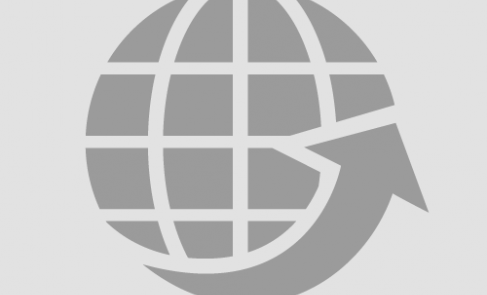



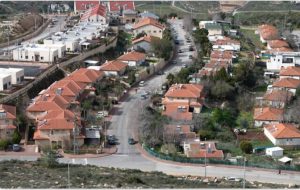


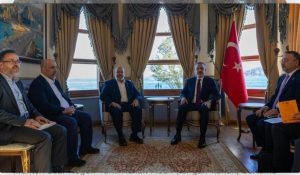
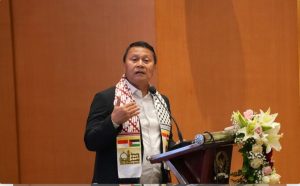
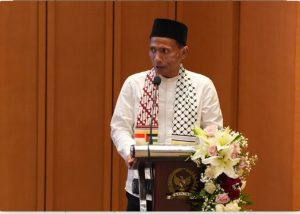
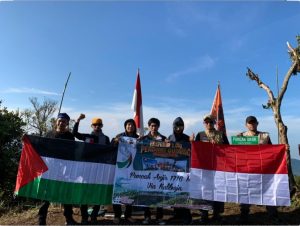

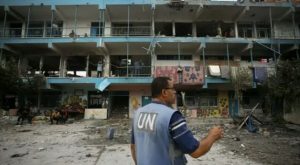
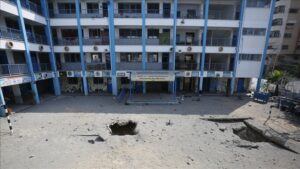
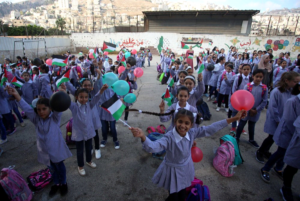
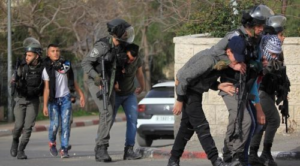




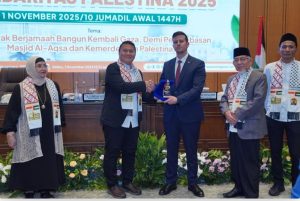
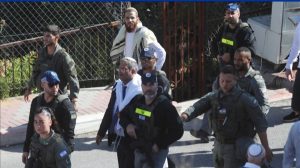
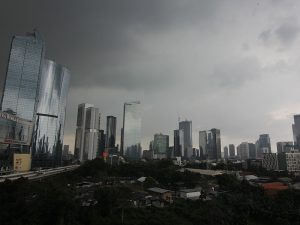

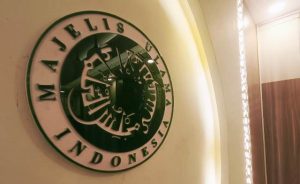



 Mina Indonesia
Mina Indonesia Mina Arabic
Mina Arabic